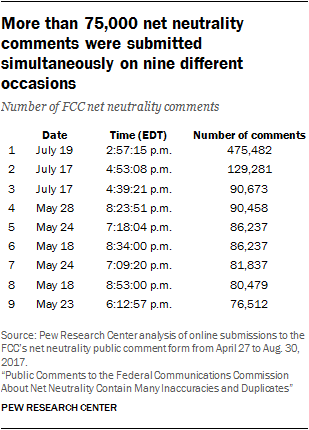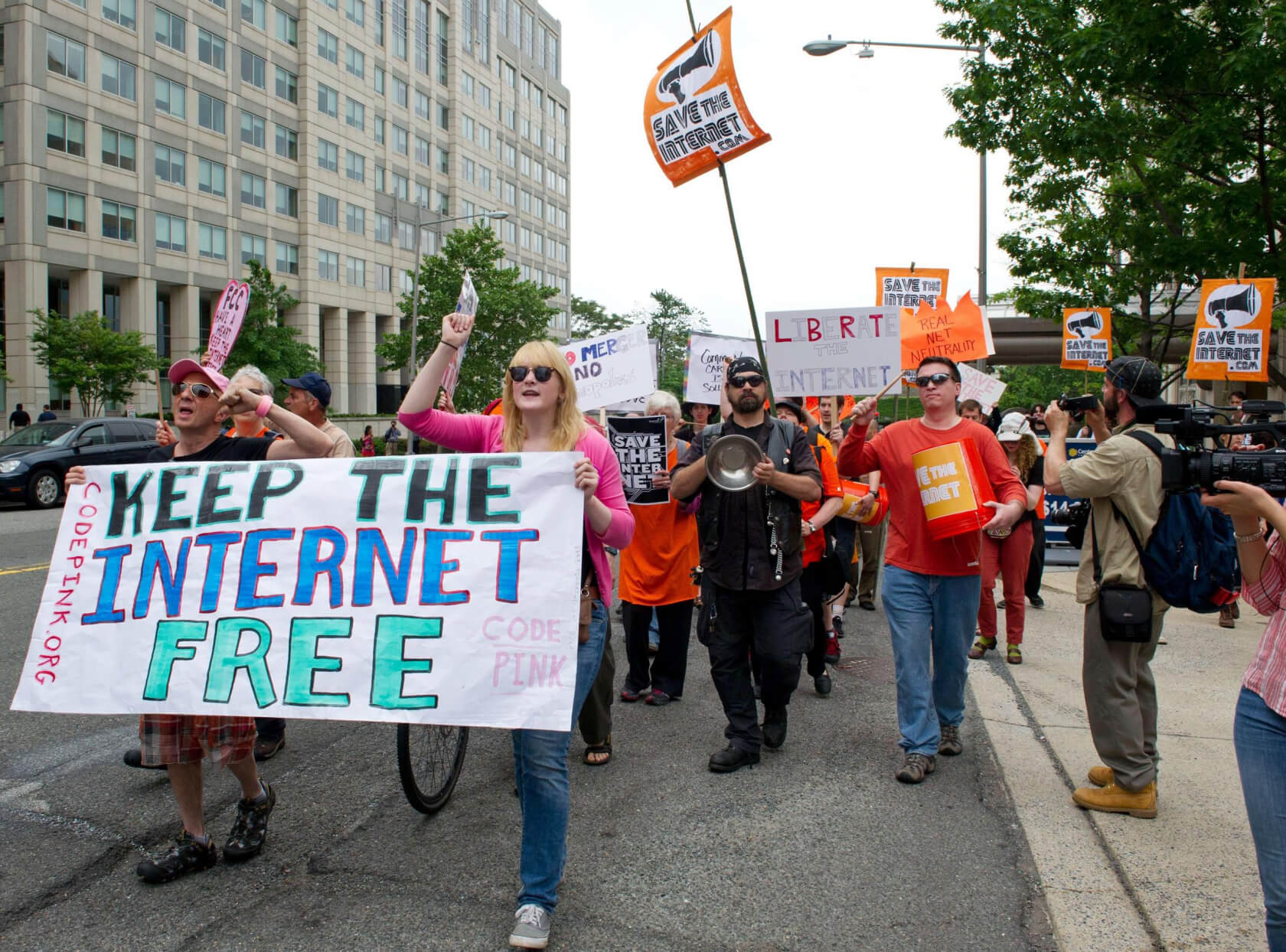The rollback of Title II net neutrality regulations from 2015 is like a freight train that has lost its brakes. Several members of the Senate penned a letter to the FCC requesting a delay on the vote which is scheduled for December 14. The letter cited evidence of fraudulent statements during the public comment phase of the proposal.
Rather than ignoring the request, the FCC flatly denied it with a spokesperson for Chairman Ajit Pai's office stating that opponents to his proposal "are becoming more desperate by the day as their effort to defeat [the] plan to restore Internet freedom has stalled."
Since the FCC has indicated that it will continue with the vote, several members of Congress are seeking an official investigation from the Government Accountability Office (GAO) into the allegations of fake commenting. There have already been several informal investigations into the matter which have uncovered the existence of a massive attempt to fake public support of the proposal.
The FCC allowed the public to openly debate Pai's plan on its website. In the course of just a few days, the open forum received almost 22 million respondents. The rapid accumulation of positive comments raised red flags immediately.

Several organizations and news outlets including The Verge, ZDNet, consulting firm Emprata and the Pew Research Center began looking into the comments and discovered thousands of entries that were identical, as if they were duplicated and spammed.
For example, the phrase "The unprecedented regulatory power the Obama Administration imposed on the internet..." appeared over 130,000 times.
Some respondents were contacted and claimed they never made such statements. Emprata discovered evidence of form and bot use in the comments. Pew Research Center said that of the 21.7 million respondents, over half used duplicate or temporary email addresses and false names.
Now, Representatives Elijah Cummings, Greg Meeks and Frank Pallone have asked the GAO to look into the fake comments.
According to Engadget, "[The Congressmen] want to know the extent of the fakery, which would violate laws barring fraudulent representation in any subject under the executive branch's oversight."
They also want the GAO to look into whether the FCC "stonewalled" an investigation into the matter conducted by New York Attorney General Eric Schneiderman by withholding information.
The GAO has not indicated whether it will consider the matter and it is not certain that it would have any impact on the vote if it did. The FCC in the meantime is still plowing ahead with the plan, which is expected to pass 3-2 despite overwhelming public disapproval.
Top image via NBC News
